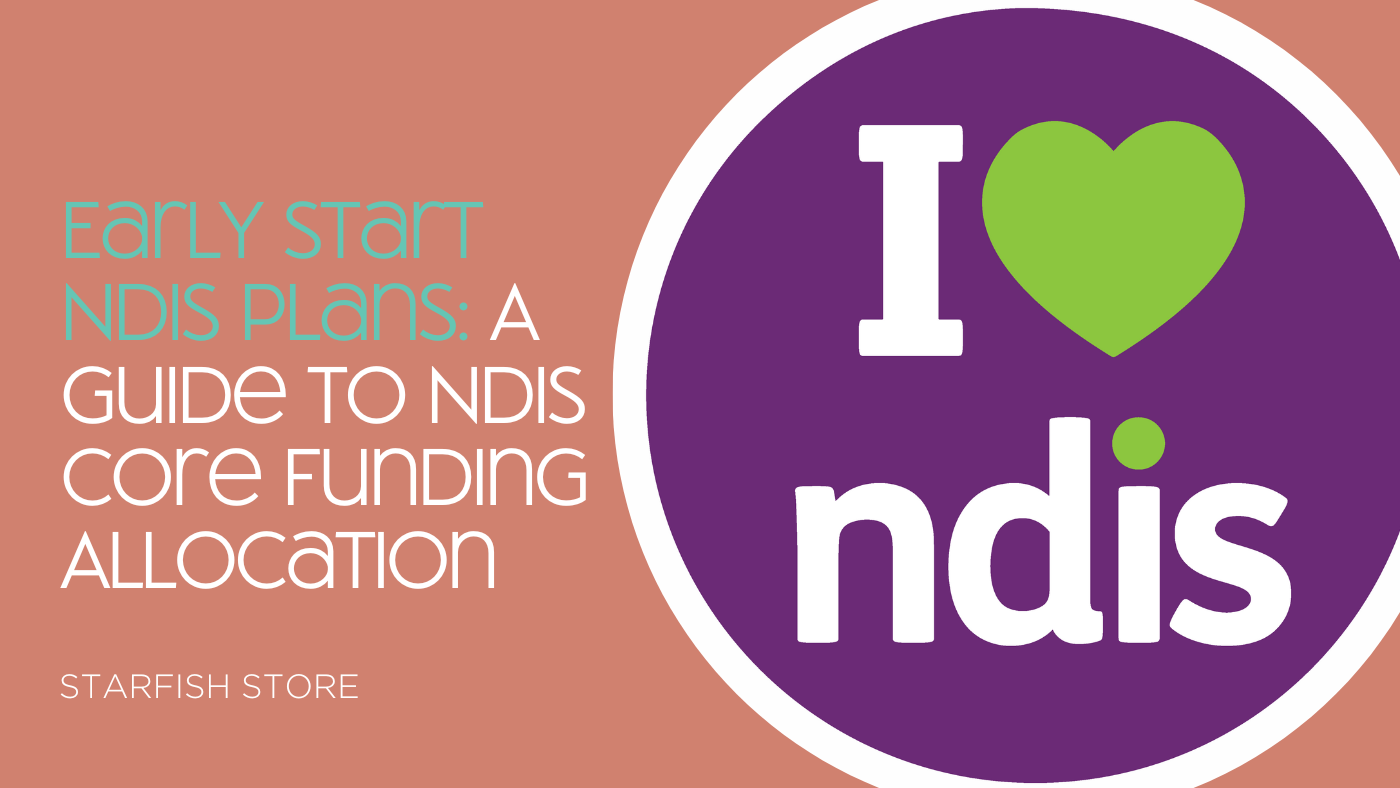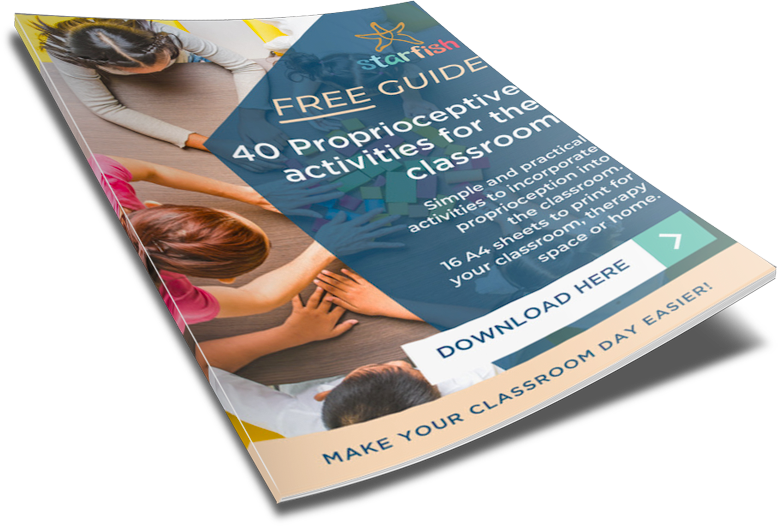Your Cart is Empty
New Blog: Quiet fidgets — when and why they help → Read the blog
New Blog: Quiet fidgets — when and why they help → Read the blog

When it comes to early start NDIS plans, you may find that not all children are allocated funding under the CORE category. Core funds play a crucial role in covering consumables such as nappies, chews, and low-cost, low-risk assistive technology like noise reduction earmuffs.
 They also support daily activities, but for many young children, early intervention takes precedence. Consequently, the majority of funds are directed toward therapy, especially for NDIS plans initiated from 2020 onwards.
They also support daily activities, but for many young children, early intervention takes precedence. Consequently, the majority of funds are directed toward therapy, especially for NDIS plans initiated from 2020 onwards.
This shift in funding allocation has left many families in a predicament, as they struggle to secure the necessary resources to support their children. The challenge lies in the fact that the funds are categorised under Capacity Building (CP), which offers limited flexibility.
However, there is hope. You might be able to request an allocation of funds specifically under Capacity Building to purchase resources crucial for your child's therapy.
To achieve this, follow these steps:
Initiate the Conversation: During your planning meeting with the NDIS Early Childhood Partner (ECP), express your need for funding to procure resources that support your child's therapy.
Therapist Support: Obtain a supporting letter from your therapist that explains why your child requires funding for these resources to support the therapy. It doesn't have to be a lengthy report; a letter will suffice.
NDIS Website Reference: If your ECP is unfamiliar with this option or denies your request, be prepared to show them the official NDIS website link for reference. Flexible Low Cost AT for Support Continuity. (scroll down to 'Low cost AT in your plan budget')

Multiple Letters: It's beneficial to have at least one letter from your child's therapist ready for your planning meeting. Having more than one, such as from the OT, Speech Pathologist, or a Behaviour Support specialist, can boost your case.
Specific NDIS Link: Ensure you have the specific NDIS link mentioned above ready to share with the Early Childhood Partner. This can serve as a valuable reference point.
Clarity: Clearly communicate that your child requires these resources at home to support the ongoing therapy and early intervention they receive during appointments. Emphasise how these resources can lead to better results from the therapy.
Advocate for Inclusion: Be persistent in your request to have this funding allocation included in your child's submission. Your child's well-being is at the heart of the NDIS mission, and you have the right to advocate for their needs.
If you have any additional insights or tips that could assist others in a similar situation, please feel free to reach out to us via email or share your thoughts in the comments. Starfish is here to support you in maximising the benefits of your child's NDIS plan.
Kirstie Wishart M.Ed (Special Education).
Owner and founder of The Starfish Store. Kirstie’s professional life has included: teaching (in both public and private schools in Australia, New Zealand and Thailand), lecturer and subject coordinator at the University of Wollongong, Educational consultant (working with children and young people with a trauma background), OoHC Case Work Manager, and Specialist Tutor (working with children and young people with significant learning difficulties and/or disabilities).

40 Proprioceptive activities for the classroom. Simple and practical activities to incorporate Proprioceptive into the classroom. 16 A4 sheets to print for your classroom, therapy space or home.